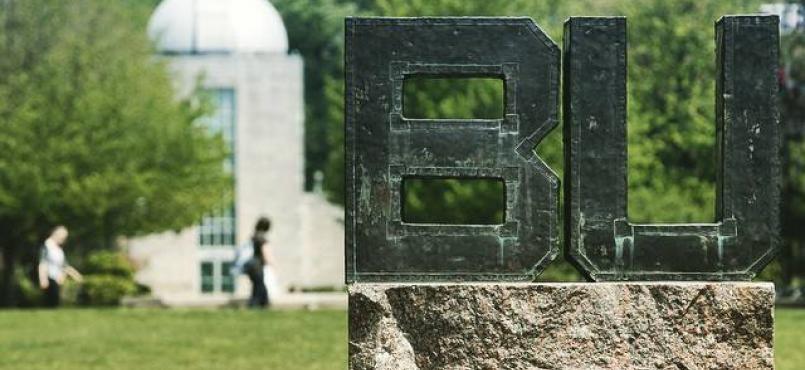ELLIE ALLEN | STAFF REPORTER | emallen2@butler.edu
For the first time in school history, Butler has 10 Fulbright semi-finalists. Seven of the 10 applicants are the first Butler students to be selected as semi-finalists for their particular country or program.
In the 2017-18 academic year, there were seven applicants and two semi-finalists, both of whom were later selected as finalists. In 2016-17, there were 18 applicants, two semi-finalists, and two finalists.
Dacia Charlesworth, director of undergraduate research and prestigious scholarships, said she was “elated” about the record-breaking number of semi-finalists.
“Butler students are ideal applicants because we have very engaged students,” Charlesworth said. “Not just in an academic context, but in terms of leadership and service as well.”
Founded by Senator J. William Fulbright in 1946, the Fulbright Program’s goal is to increase understanding between participants and the people in the country they will be interacting with.
The program is sponsored by the U.S. Department of State’s Bureau of Educational and Cultural Affairs, as well as several private organizations.
“As a communication scholar, I find Fulbright’s mission especially compelling,” Charlesworth said. “Our government is funding the opportunity for U.S. students and alumni to engage in meaningful interpersonal interactions.”
Students applying to Fulbright can choose to research or to teach English in prospective countries. Fulbright gives out over 900 awards for research programs and over 1,200 for teaching.
Applicants and the amount of finalists varies by country. Spain had 610 teaching applicants and 137 finalists. The U.K. program through the London Academy of Music and Dramatic Art had 28 applicants for one available spot.
Aislinn Baltas, a senior international studies and science technology and society double major, applied to be an English teaching assistant in South Africa. Eighty-three people applied for the same program. The number of finalists have yet to be announced. Last year, there were 14 finalists.
Baltas said she thought she would never become a semi-finalist after she fell down the stairs at her committee interview. After the fall, the committee said she could reschedule, but Baltas decided to do it anyway.
“Being who I was and laughing about it, I said, ‘I’m already here, what’s your first question?’” Baltas said. “Because I fell down the stairs and made a fool of myself and gave it a try, other people saw that I was trying and saw I was worth it.”
Tommy Roers, a senior secondary education and Spanish double major, is a semi-finalist to teach in Uruguay. There were 28 applicants for six spots.
“A whole rush of emotions come over you because it’s awesome to get selected,” Roers said. “But at the same time, to think that I could be a finalist, and I could be one of six people who gets to go to Uruguay and teach English for nine months is intimidating.”
Lynn Alastie, a French and international studies major, is a semi-finalist to teach English in France. There were 135 applicants this year. Last year, there were 10 finalists. Alastie said she thinks being a Fulbright scholar means being a global citizen.
“Fulbright shows you had the commitment to the littlest things, like spending time with students at lunch and learning about how they see the world,” Alastie said. “It would mean that forever I have that commitment. I have to do justice to it and what is given to me.”
Carly McCarthy graduated from Butler in December and was selected to participate in Scotland’s Fulbright UK Summer Institute two years ago. She wanted to study abroad, but as a first-generation college student, she couldn’t afford it. Being a Fulbright scholar allowed McCarthy to live in Scotland while she studied science, business, technology and art.
“After being a part of Fulbright, I felt more confident both academically and professionally,” McCarthy said. “Fulbright made more prestigious honors seem more reachable, and it shaped my mind that I might be qualified.”
The semi-finalists’ applications are now being reviewed by the countries that host their program. They will know if they have been accepted as early as March.



